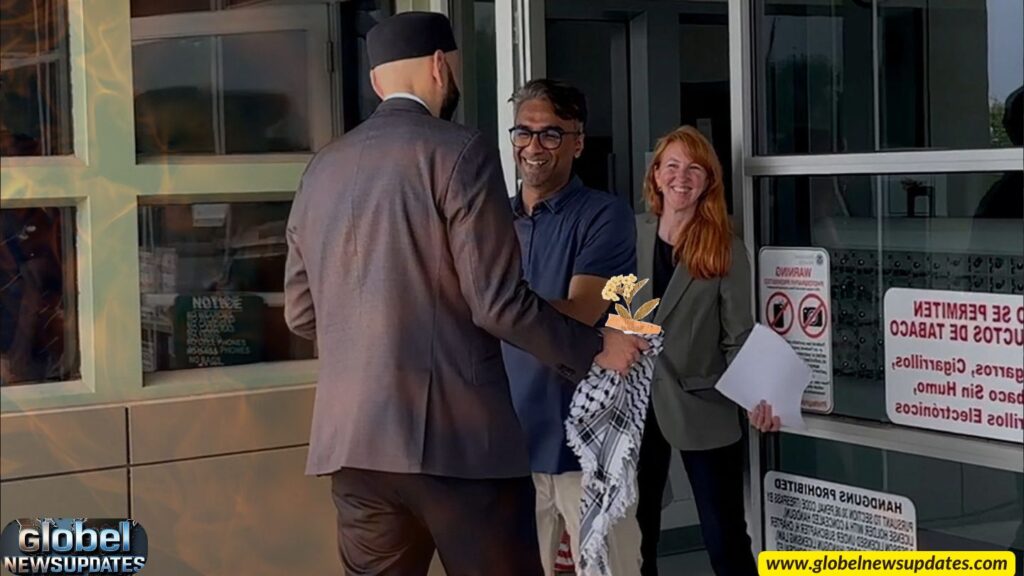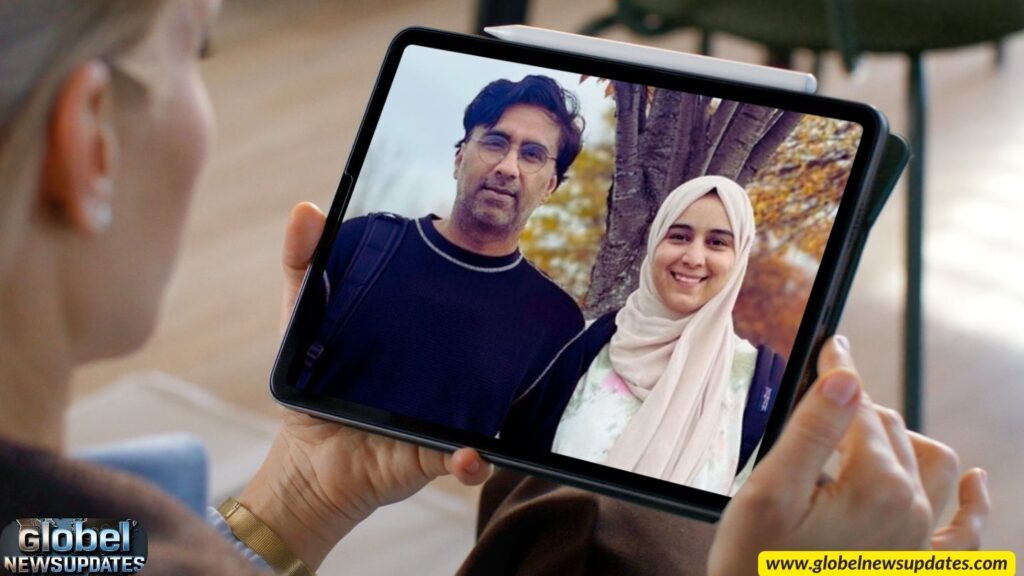He said he has worked hard to raise his three children from a distance, with “love, creativity and resilience” while in detention. He said it has already been a month since his release from an ICE facility in Texas.
Badr Khan Suri, a postdoctoral scholar at Georgetown University, was arrested and deported by U.S. immigration officials. He spent months in Immigration and Customs Enforcement (ICE) custody. He was arrested on charges of “propaganda for the terrorist organization Hamas and promoting anti-Semitism through social media.” According to Tricia McLaughlin, a spokeswoman for the Department of Homeland Security, Khan Suri is suspected of having close ties to suspected terrorists who are advisers to Hamas.
Sharing his experiences of his arrest, detention, and love for his family –
Not knowing how his children would understand his absence, Suri created a story. “I was traveling, I was stuck in the clouds, looking for a way back home,” he told NBC News. He described his wife, Mafaz Ahmed Yousef, as a “blessing” and praised her as a pillar of support for their children. Despite being detained, he said he had tried to raise his three children from afar with “love, creativity, and resilience.”
He was released from an ICE facility in Texas a month ago after a judge ruled that his detention violated his First Amendment rights (free speech) and Fifth Amendment rights (due process). “My family, who once saw me as a protector and a protector, is now reexamining that strength in me. But because of the injustice I have experienced, I have a new clarity to live by,” he said. “I need a life that is based on truth.”

Recalling the pain of bonding with his children and being a parent –
He said with emotion that while in detention, his children waited for him by hiding food and taking pictures, hoping that he would return at any time. “They would hide cupcakes and pizza slices for me. They would tell me that they were mine and they wouldn’t let anyone eat them.”
He said that his eldest son, who was nine years old, understood the situation better and was somewhat behind. “I would try to make him laugh. I would tell him that there was a PlayStation 4 and a basketball court,” said Suri.
On the harsh conditions he faced in the detention center –
Initially, he had to sleep in a bed or TV room from 5 am to 2 am, and after five days, he was given halal food. He recalled that on April 2, an officer came to him and complained to his lawyer about his religious needs, after which he was given a prayer mat, Quran, and a bed.
He was identified as a “high-security person” and ordered to wear a red uniform. He was classified as a “known criminal group.” The petition states that he was allowed only two hours of entertainment a week.
“I would remember when my children’s school bus would come, what they would draw. My heart would soften when I saw the drawings of the other prisoners’ children,” he said.
The day of his release –
“The joy in their eyes, the cries in their throats, the hugs in their arms – I truly came ‘back from the clouds’ for the twins,” he recalls, recalling those moments.
Now, back to the life of a normal parent, Suri says he is delighted to see his children saying, “My favorite is my father,” as they walk to the bus stop. “Earlier, it was always ‘Mom’,” he jokes.

